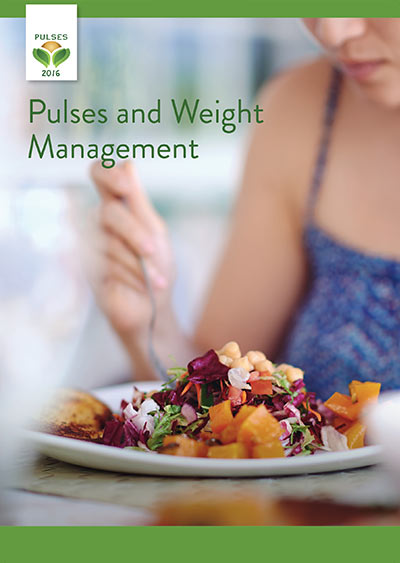A guide to the benefits of pulses for weight loss and management
Professional nutritionists and dietitians know that losing weight is hard. Keeping weight off can be even harder.
A recent meta-study has shown that eating three quarters of a cup a day can result in losing weight. Eating pulses also helps prevent the incremental weight gain that often occurs with age.
Other observational data found people who reported eating pulses were 22% less likely to be obese than those who didn’t consume them.2
So, consuming pulses is potentially an effective strategy for weight loss and management, which nutritionists and dieticians may wish to consider in their work.
On top of their potential in weight management programs, pulses are cholesterol free and very low in saturated fats and have been proven to lower the risk of heart disease, hypertension, and type 2 diabetes. 4-8
Why are pulses so effective?
- Pulses have a low glycemic index value, making people feel full and less likely to overeat
- Protein in pulses stimulates gastric hormones that cause the feeling of fullness
- Fibre in pulses increases chewing time and delays gastric emptying, reducing food intake
Nutritionist’s Guide: Pulses for weight loss and management
For more details on how pulses can aid weight management download this guide
Unsure how to cook pulses?
Pulses are delicious. If you are unsure how to cook them check out our recipe section.
References:
1Kim SJ, de Souza RJ, Choo VL et al. Effects of dietary pulse consumption on body weight: a systematic review and meta-analysis of randomized controlled trials. 2016
2Papanikolaou Y, Fulgoni VL III. Bean consumption is associated with greater nutrient intake, reduced systolic blood pressure, lower body weight, and a smaller waist circumference in adults: results from the National Health and Nutrition Examination Survey 1999-2002. 2008
4-8Ha V, Sievenpiper JL, de Souza RJ et al. Effect of dietary pulse intake on established therapeutic lipid targets for cardiovascular risk reduction: a systematic review and meta-analysis of randomized controlled trials. 2014
Jayalath VH, de Souza RJ, Sievenpiper JL et al. Effect of dietary pulses on blood pressure: a systematic review and meta-analysis of controlled feeding trials. 2014
Ndanuko RN, Tapsell LC, Charlton KE et al.Dietary Patterns and Blood Pressure in Adults: A Systematic Review and Meta-Analysis of Randomized Controlled Trials. 2016
Satija A, Bhupathiraju SN, Rimm EB et al. Plant-Based Dietary Patterns and Incidence of Type 2 Diabetes in US Men and Women: Results from Three Prospective Cohort Studies. 2016

